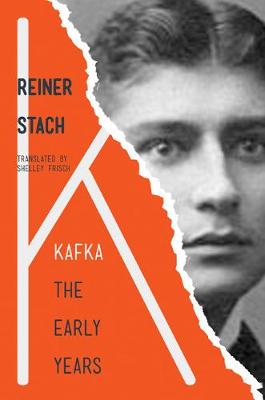This volume is noted for its vivid and detailed portrayal of Kafka's youth, family background, and the socio-political environment of Prague that influenced his early development.
The biography is recognized for painting a richly atmospheric picture of Kafka's German Jewish merchant family, his psychological growth, and sexual maturation, supported by unpublished sources such as family letters and memoirs. It situates Kafka's early years within the complex cultural and political turbulence of pre-World War I Prague, highlighting how these external forces and Kafka's personal interests shaped his identity and future literary path. Readers appreciate the narrative's depth that goes beyond the well-known literary figure to explore the nuanced experiences of Kafka's adolescence and early adulthood, including his encounters with anti-Semitism and nationalism, as well as his fascination with new technologies and the back-to-nature movement. This comprehensive approach provides an unmatched account of Kafka's transformation into a seminal modern writer.
Quick quotes
Brimming with vivid and often startling details, Stach's narrative invites readers deep inside this neglected period of Kafka's life.
The book’s richly atmospheric portrait of his German Jewish merchant family and his education, psychological development, and sexual maturation draw on numerous sources, some still unpublished.
The biography also provides a colorful panorama of Kafka’s wider world, especially the convoluted politics and culture of Prague.
